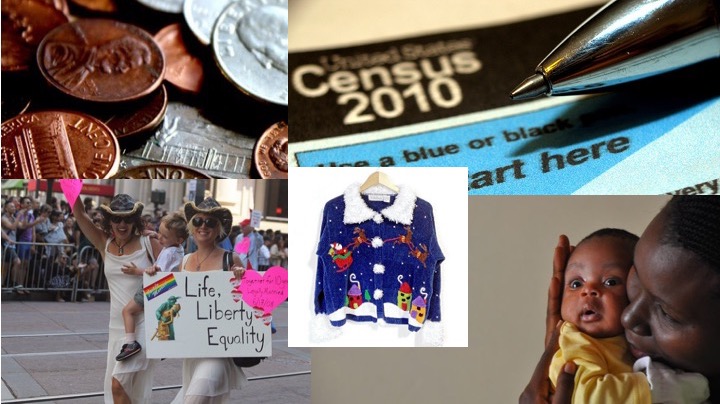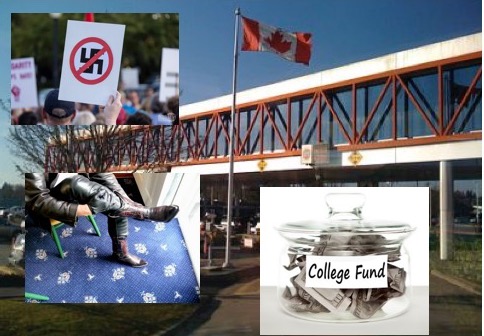
Welcome to another week at TSP! We’ve got some great work on LGBT parents, how parole officers define work for formerly incarcerated Black women, and how the Census categorizes multiracial individuals in the United States.
There’s Research on That!:
“LGBT Parents Widen Definitions but Face Challenges,” by Caity Curry and Allison Nobles. We compiled social science research on how LGBT parents expand definitions of families, as well as legal challenges they face, and children’s outcomes.
Discoveries:
“How Parole Officers Define Work for Black Women,” by Amber Joy Powell. New research in Gender & Society demonstrates how parole and probation officers limit what counts as “work” for formerly incarcerated Black women.
Clippings:
“Cleaning Racial Identity in the U.S. Census,” by Lucas Lynch. The Atlantic talked with Robyn Autry about the difficulty of categorizing racial identity for multiracial individuals in the United States.
“Latinx Immigrants Perceive Discrimination Differently,” by Nahrissa Rush. NPR spoke to Emilio Parrado about why Latinx immigrants perceive less discrimination than those born in the United States.
From Our Partners:
Sociological Images:
“SocImages Classic—The Ugly Christmas Sweater: From Ironic Nostalgia to Festive Simulation,” by Kerri Scheer.
Contexts:
“Helicopter Parents in the Hospital,” by Danielle Koonce.
“Swedish Parents get the Interview,” by Lucia Lykke.
“Fewer Kids, More Equality,” by Carrie Clarady.
“Health, Now and Later,” by Justin Maietta.
And a Few from the Community Pages:
- Center for Holocaust and Genocide Studies interviews human rights expert Juan Méndez on Colombia’s peace process.
- Cyborgology reflects on the intersection of identity and the data self.



